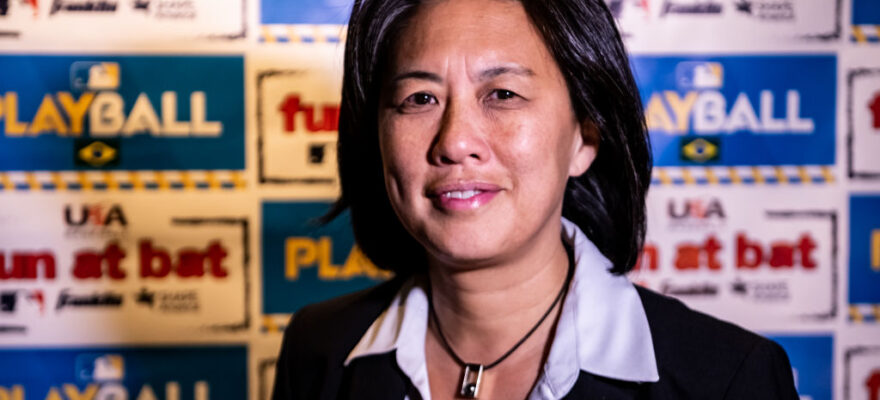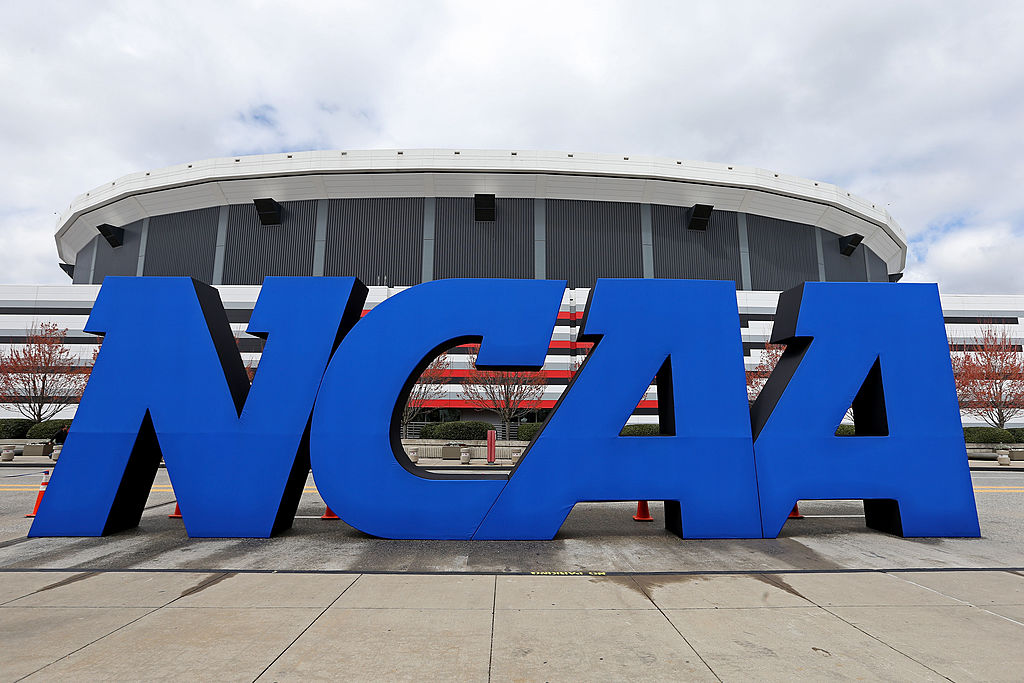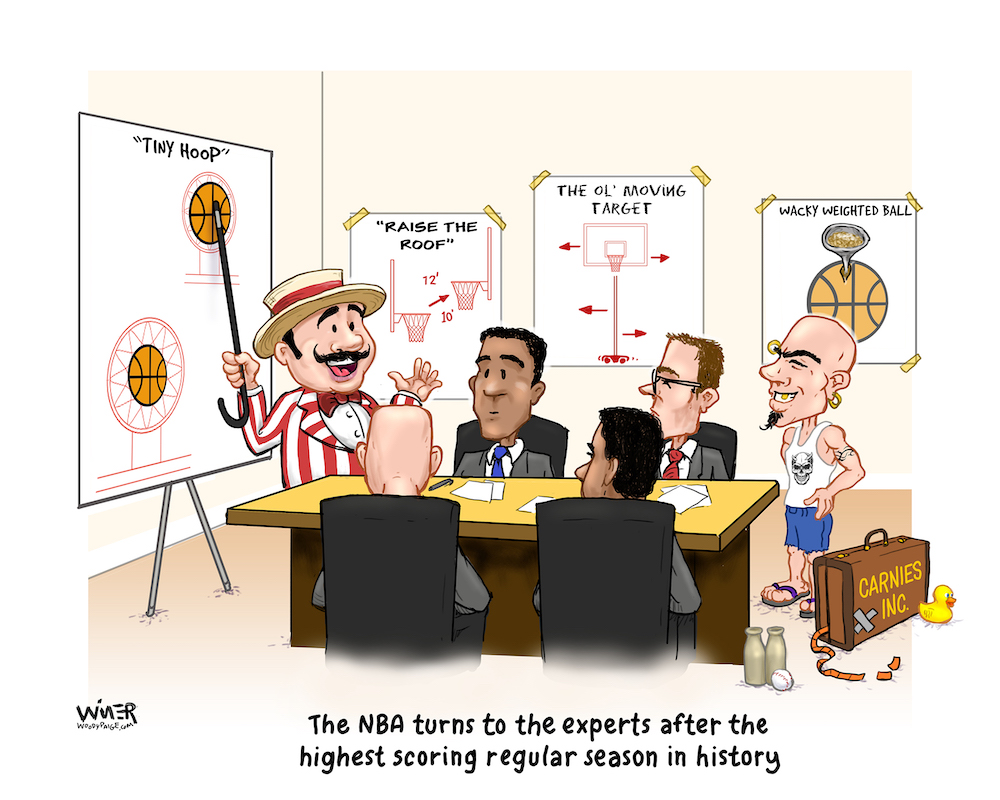I’d been in professional baseball for less than two weeks – and made one professional start – when I walked onto an elevator in West Palm Beach, Florida to head back to my room. I was a recent draft pick of the Houston Astros, and a new member of the Astros Class A team based in Daytona Beach. We had traveled down the coast to play the Montreal Expos Florida State team based in West Palm.
I was getting ready to make my second start for the DB Astros that night. I’d just eaten lunch and was returning to my room. As I stepped on the elevator, I was greeted by a well-dressed older gentleman that I instantly recognized. It was Astros General Manager Al Rosen.
“Hi, Mr. Rosen,” I stammered. He returned the greeting, although this was the first time we had actually met. I was a little bit star struck.
Rosen had been a big league standout during his 12-year Major League playing career with the Cleveland Indians. He was the 1953 American League Most Valuable Player, a four-time All-Star and World Series champion. He twice led the AL in home runs and runs batted in, and he’s in the Indians Hall of Fame.
Rosen retired in 1956, and after spending more than 20 years away from the game in private business, he joined the New York Yankees front office. After four years in NYC, Rosen took over as Astros GM in 1980. With that kind of resume, was it any wonder I – fresh off the campus at Colorado State and still slightly in awe of big leaguers – was intimidated?
“What brings you down here,” I mumbled as I pushed the button to go to my floor.
“We came down to watch you pitch,” Rosen replied.
No pressure. Gulp. (I pitched a lousy game that night, by the way)
In those days, it was typical for former big league players to become GM’s, as well as scouts, personnel men, field managers, and coaches. Playing experience at the big league level meant everything. Current players had respect for those who’d worn a uniform and walked in their spikes. Anyone who had not couldn’t possibly understand what the players were going through. That didn’t mean they were universally liked by the current players, but it meant they at the very least had begrudging respect. And that’s important to the creation of a winning culture.
Gaining the respect of professional athletes takes either that kind of resume, or a good deal of time. Al Rosen had his players’ respect because of his on-field accomplishments, even though he had just four years of front office experience. I was impressed (and intimidated by) Rosen because of what he’d done as a player, not in the front office.
The trend over the past few years has gone away from hiring guys like Rosen. More and more, playing experience has been pushed to the side in favor of Ivy League degrees. Guys who can crunch numbers and analyze a variety of newly minted statistics like “OPS” and “WAR” are getting bumped to the front of the line for GM jobs. Yes, there are guys like Billy Beane and Jerry DiPoto who have playing experience – but also a strong grasp of analytics – who are landing GM positions. But they remain rare. There are more GM’s with Ivy League degrees now than those with playing experience.
Kim Ng is obviously not a former player, and she didn’t go to an Ivy League school. She didn’t have either of those resume enhancers or any sort of head start when she started a front office career 30 years ago. Instead, Ng did it the old fashioned way: She worked her way up the ladder, slowly but surely.
She began as an intern with the Chicago White Sox. She was the assistant Director of Baseball Ops and even represented the club in an arbitration hearing. She spent time in the American League office until Brian Cashman brought her on board as an assistant GM with the New York Yankees at age 29. She got a promotion with the Los Angeles Dodgers in 2001 as a VP and Assistant GM. She interviewed for the Dodgers GM post in 2005, but lost out to Ned Colletti, who kept her on board as his assistant.
Ng interviewed for GM positions no less than five times over the past 15 years, never landing one. She ultimately left LA and went to work for former Manager Joe Torre as the VP of baseball ops for Major League Baseball. Certainly not a bad gig, but not the ultimate goal, either.
What makes Ng’s hiring as the GM of the Miami Marlins really important is not just that she’s the first woman to hold such a position in all of American pro sports, or that she’s the first person of Asian decent to do so. Those are huge, breakthrough moments to be sure. But what should make it even more special is that it shows that dedication, hard work, and perseverance still matter. You don’t have to be a former player, and you don’t have to be an Ivy League number cruncher to run a professional baseball team.
If owner Derek Jeter and the Marlins were all about making this a PR stunt, they probably could have hired ESPN’s Jessica Mendoza for the job. Or they could have given it to a former big named player with no working qualifications, like the Cubs did when they plucked David Ross off the ESPN set and made him their manager. Instead, the Marlins placed value on experience, and went for substance over style. That’s a very good sign for the game.
I would probably not have been intimidated had I gotten onto that elevator with Kim Ng. But if I had known then what we all know about her now, she most certainly would have had my respect.
Listen to Mark Knudson on Monday’s at 12:30 with Brady Hull on AM 1310 KFKA and on Saturday mornings on “Klahr and Kompany” on AM 1600 ESPN Denver.
More from The Woody Paige Sports Network:
- Woody Paige: That time I played blackjack with Michael Jordan in Monte Carlo
- ‘Most losses in 2020’ prop bet offers NFL bettors huge value
- Lewis Black rants on Dan Snyder — the worst owner in pro sports
- Woody Paige: It’s time for the Broncos to show Phillip Lindsay the money
- Atlanta Falcons lose by accidentally scoring a touchdown
- Woody Paige: Colorado Buffaloes could contend for Pac-12 title in 2020





















